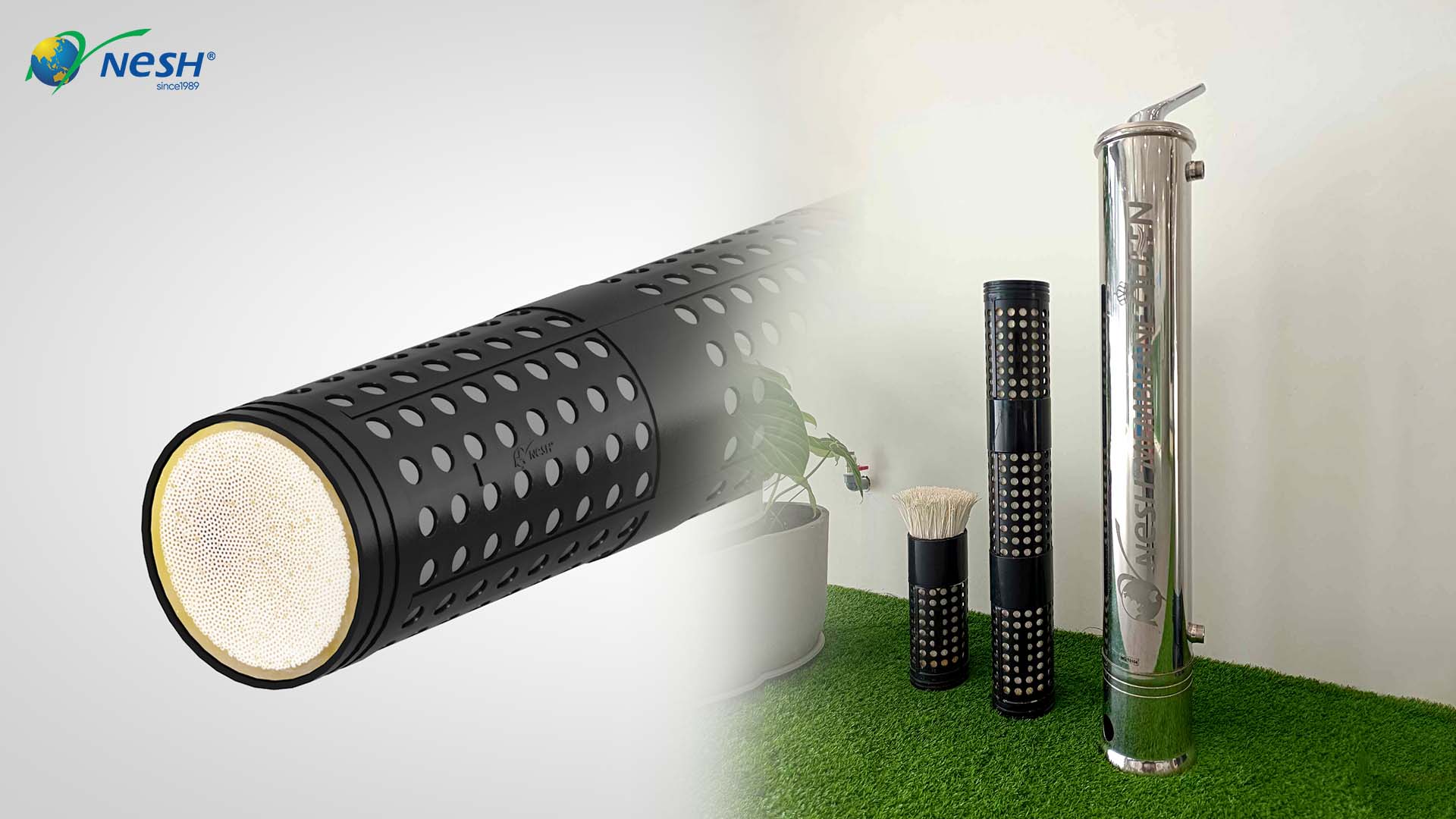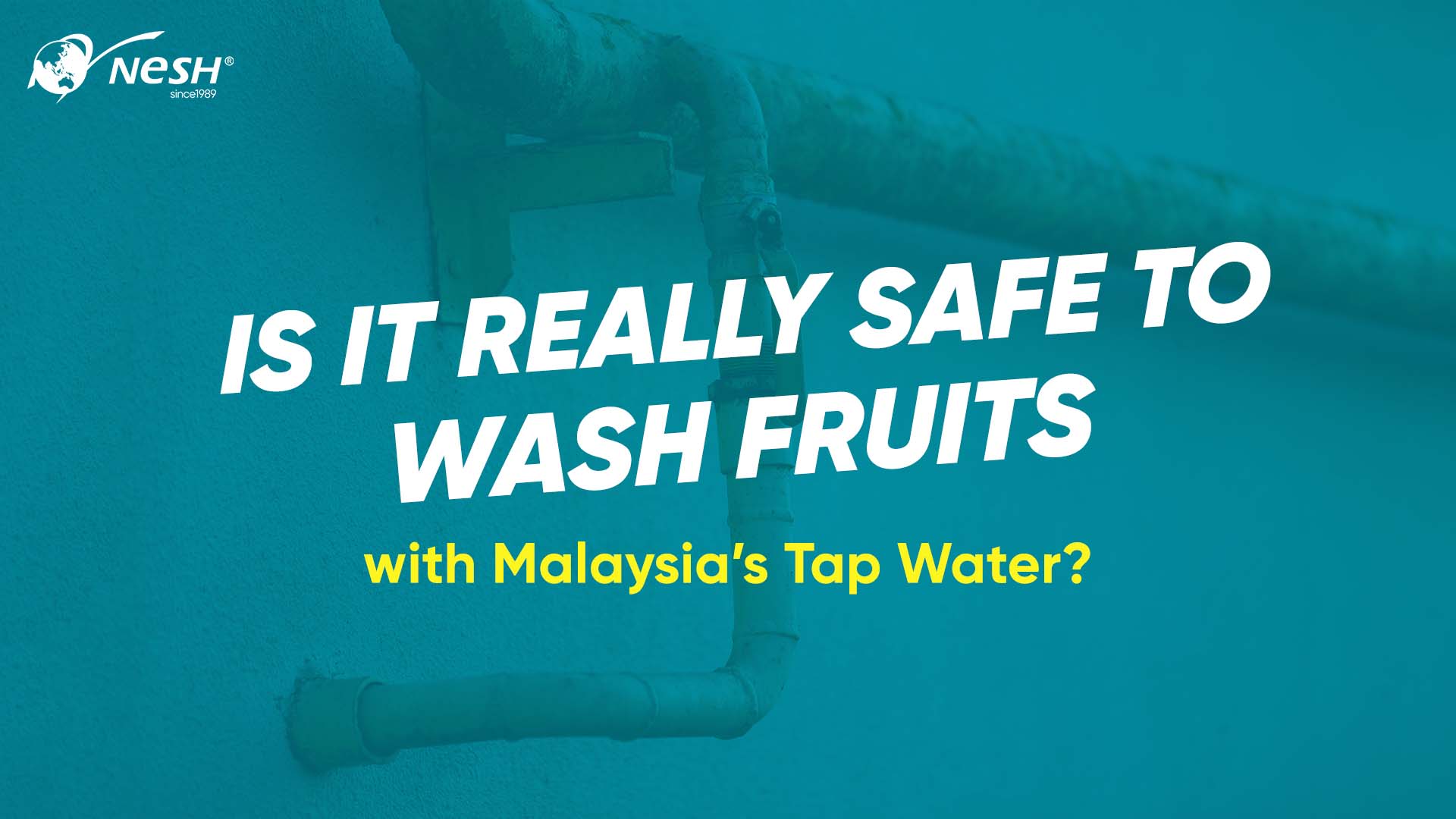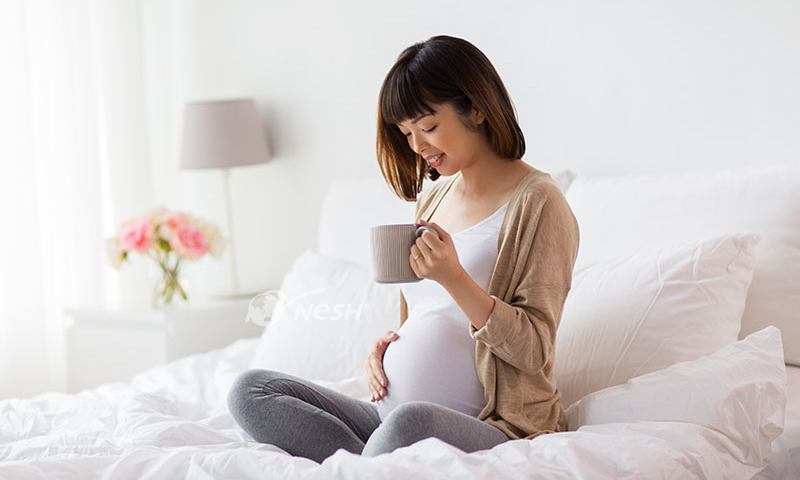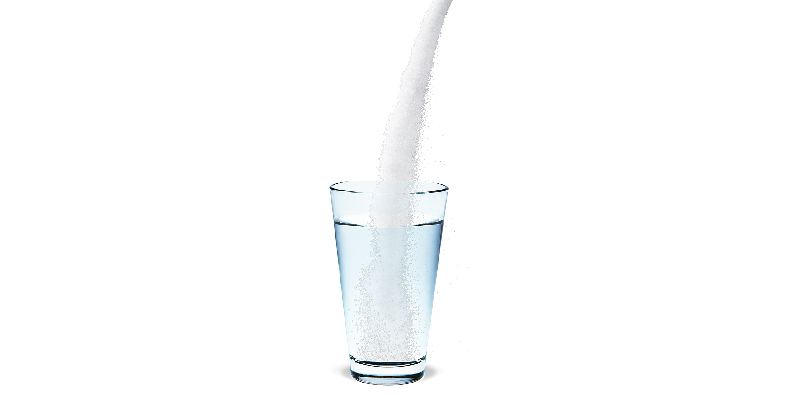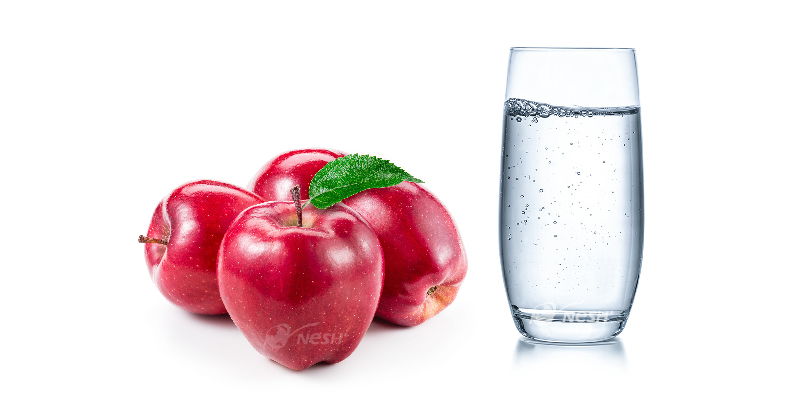This is a question many people ask — “If tap water isn’t safe to drink, is it really safe to wash our fruits with it?” For households with children, elderly family members, or expecting mothers, this question becomes even more important. After all, we use tap water daily — to wash fruits, prepare baby formula, cook meals — but if the water isn’t clean to begin with, washing more won’t make it safer.
Let’s break down this seemingly simple question — because it holds the key to your family’s health.
Why is Tap Water Not Safe to Drink, but Still Used for Washing Fruits?
In Malaysia, we all know that tap water isn’t suitable for direct consumption without filtration. Yet, many of us use it daily to wash fruits, clean baby bottles, and even cook soup. At first glance, this might seem contradictory — but there’s more beneath the surface.
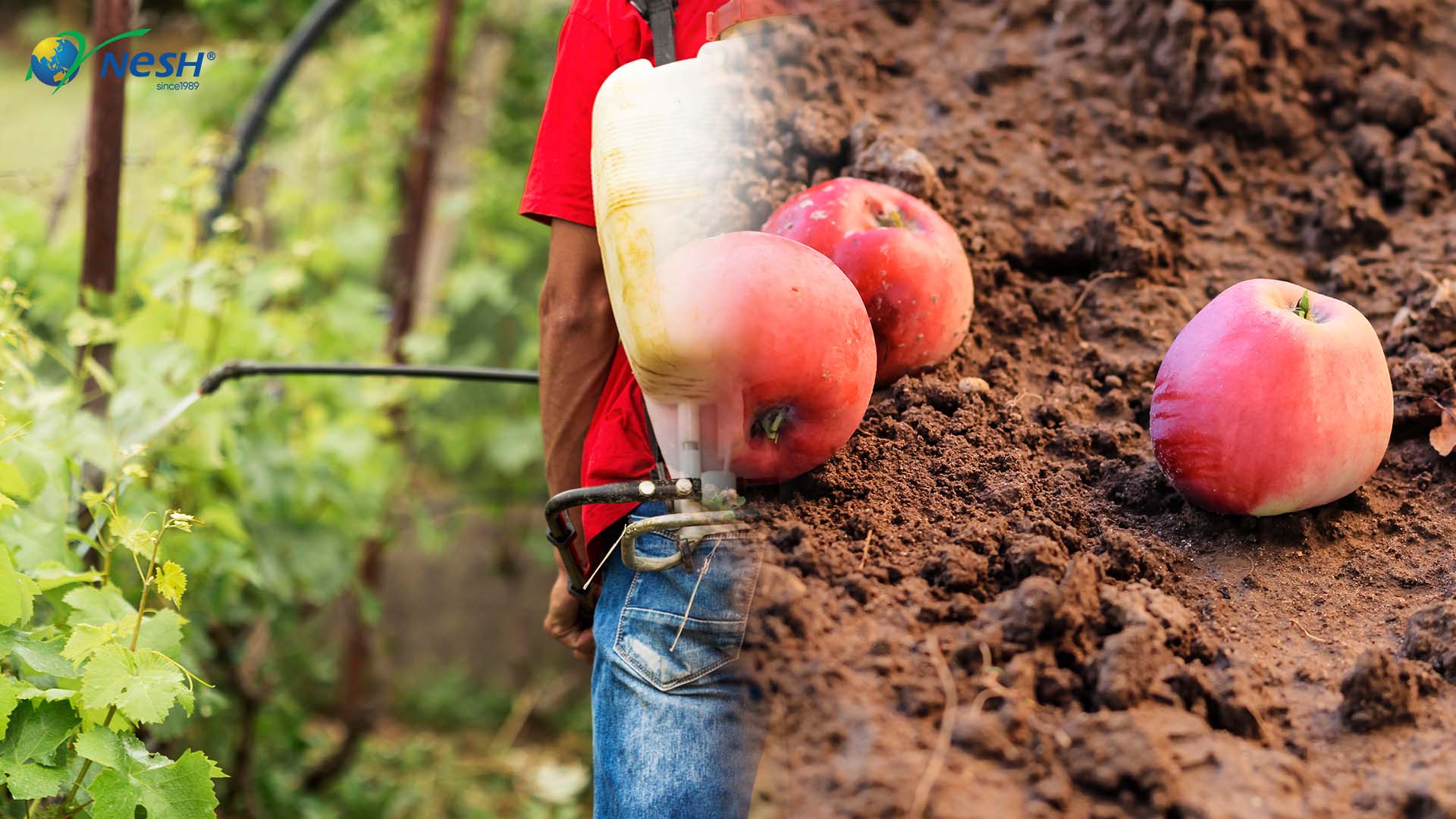
How Clean is Tap Water in Malaysia?
Many areas in Malaysia still rely on decades-old piping systems. Combined with heavy rainfall, frequent maintenance, and inconsistent water pressure, even water that looks “clear” can contain invisible impurities.
Common tap water contaminants include:
Rust and sediments from aging pipes
Chlorine residue — used for disinfection, but potentially excessive
Microbes and bacteria — especially after storms or pipe repairs
Heavy metals — long-term exposure can be harmful to health
Signs Your Home Water May Not Be Clean:
Water smells odd or like bleach
Skin feels itchy or dry after a shower
Yellow stains or scale buildup in kettles or around taps
Fruits feel slippery or have a filmy residue after washing
If you notice any of these, it’s likely your water quality needs attention — especially before using it to clean food or feed your family.
Washing Fruits with Dirty Water = Wasted Effort
Fruits and vegetables often carry soil, pesticides, or bacteria on their surface. Washing them is essential — but if the water you use isn’t clean, it’s like using a dirty cloth to wipe a clean surface. You’re not removing the contaminants — you’re just adding new ones.
This is especially concerning for children, who tend to consume more fruits and are more sensitive to contaminants. Over time, even minor exposure can have an impact on health.
So, the real question isn’t “Should I wash my fruit?” — it’s “Is the water I use to wash the fruit truly clean?”
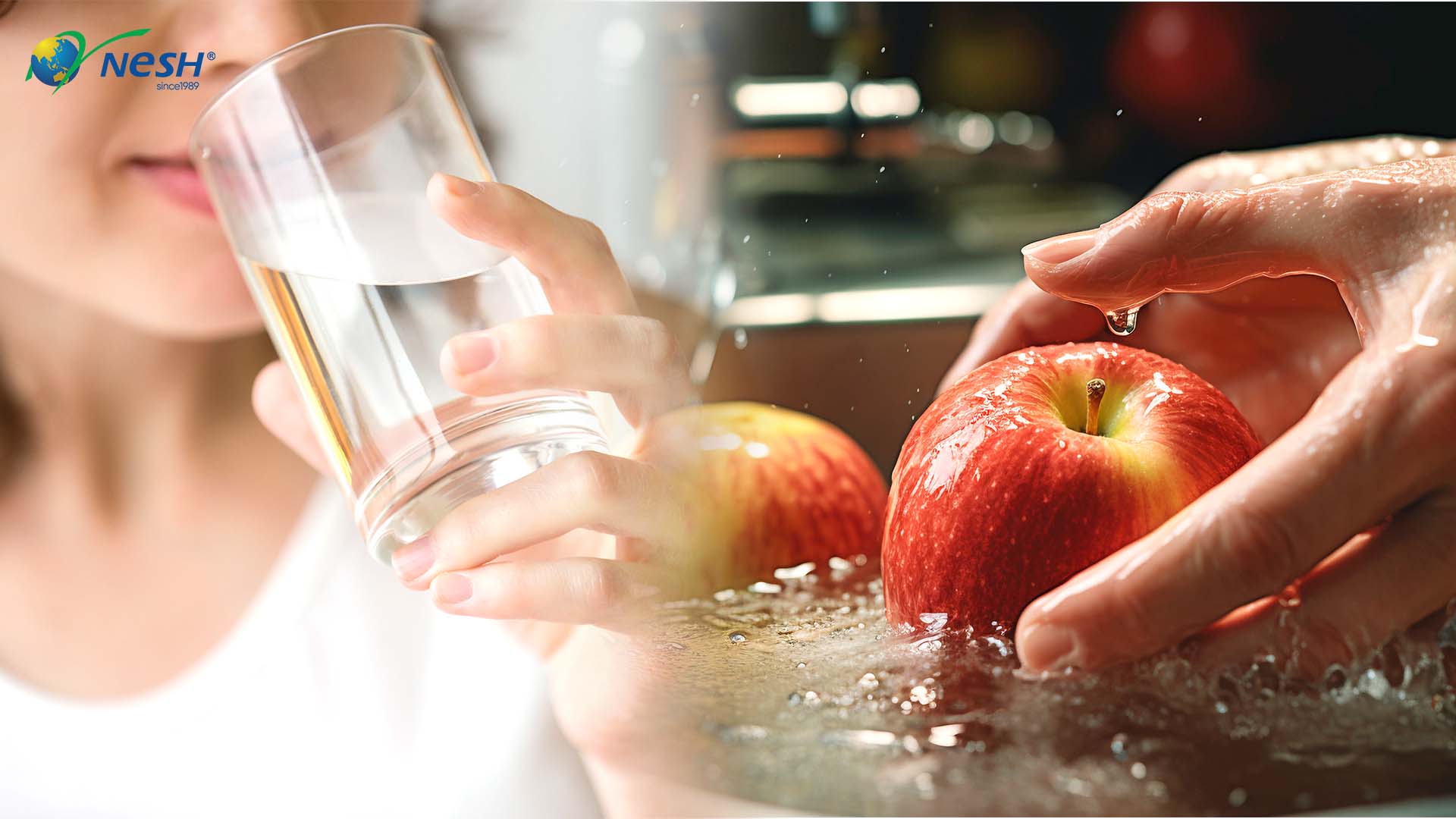
Kitchen vs Outdoor Filters: What’s the Difference?
Many families install a kitchen water filter and believe that’s enough. But a kitchen unit only filters drinking and cooking water — what about the water used for bathing, laundry, or washing fruit?
Kitchen Water Filter:
Ideal for consumption e.g. drinking, cooking, and making beverages
Removes chlorine and some impurities
Only protects water at one point (kitchen tap)
Outdoor Water Filter:
Installed at the main water inlet, before water reaches your taps
Filters all water used throughout the home
Provides safer water for showers, laundry, and food prep
The first line of defense against “invisible pollution”
If you want to ensure every drop your family uses — from showering to food washing — is clean and safe, a combination of both kitchen and outdoor filters is a necessity.
Recommended Filter: NESH Membrane Queen Outdoor Filter
NESH is a trusted Malaysian brand, understand well the unique challenges of local tap water. The NESH Membrane Queen is specially designed for Malaysian homes and offers key advantages:
Ultra-fine filtration: Filters particles 10,000 times smaller than a strand of human hair — removing rust, sediments, bacteria, and more
Whole-house protection: Filters water at the source, covering all taps and appliances
Durable SS304 stainless steel body: Weather-resistant and ideal for outdoor use
Easy maintenance: Designed for long-term family use with minimal upkeep
Over the years, NESH’s happy users share noticeable improvements — from smoother skin after showers, to fresher-tasting water, to peace of mind when washing their children’s fruit.
